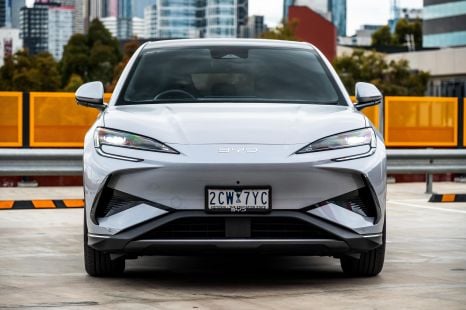

James Wong
2026 BYD Sealion 7 review
1 Hour Ago

Senior Contributor
Audi says a major factor in its decision to enter Formula 1, from 2026, is the series’ growing focus on electrification and sustainable fuels.
The luxury carmaker disclosed over the weekend its plans to enter the world’s top racing series from 2026 as a power unit supplier – with plans to trickle down technologies to its cars.
Audi has previously said it plans to end ICE development for road vehicles from the same year.
The project will be based at Audi Sport’s facility in Neuburg near its Ingolstadt HQ – the first time in more than a decade that a Formula 1 powertrain will be built in Germany.
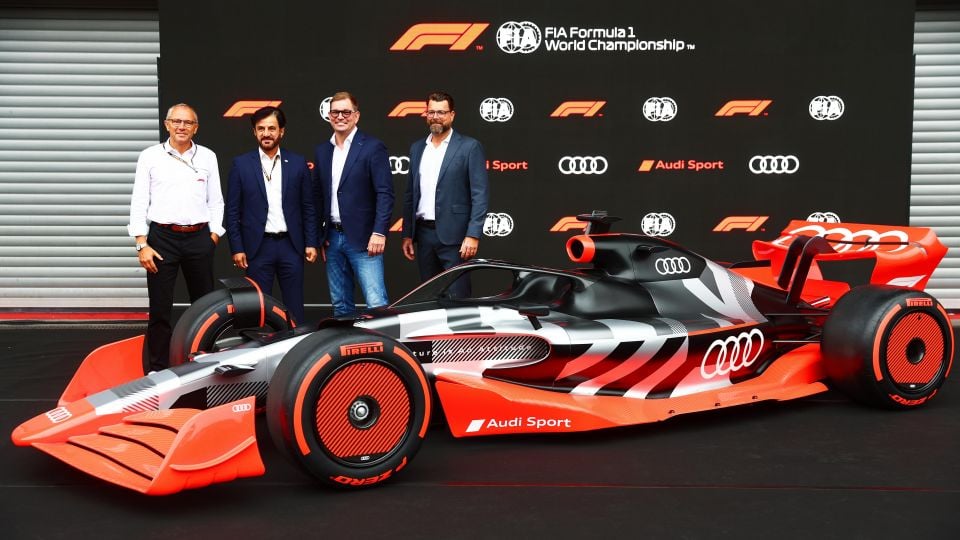
A separate company was recently founded for the power unit project as a wholly owned subsidiary of Audi Sport. Ex-FIA employee Adam Baker will take over the management.
Audi added it would announce a decision on which F1 team it will be lining up by the end of this year.
New F1 technical rules from 2026 will focus on more electrification and the use of sustainable fuels – with a 2030 net zero target – and there will also be a cost cap for power unit makers from 2023.
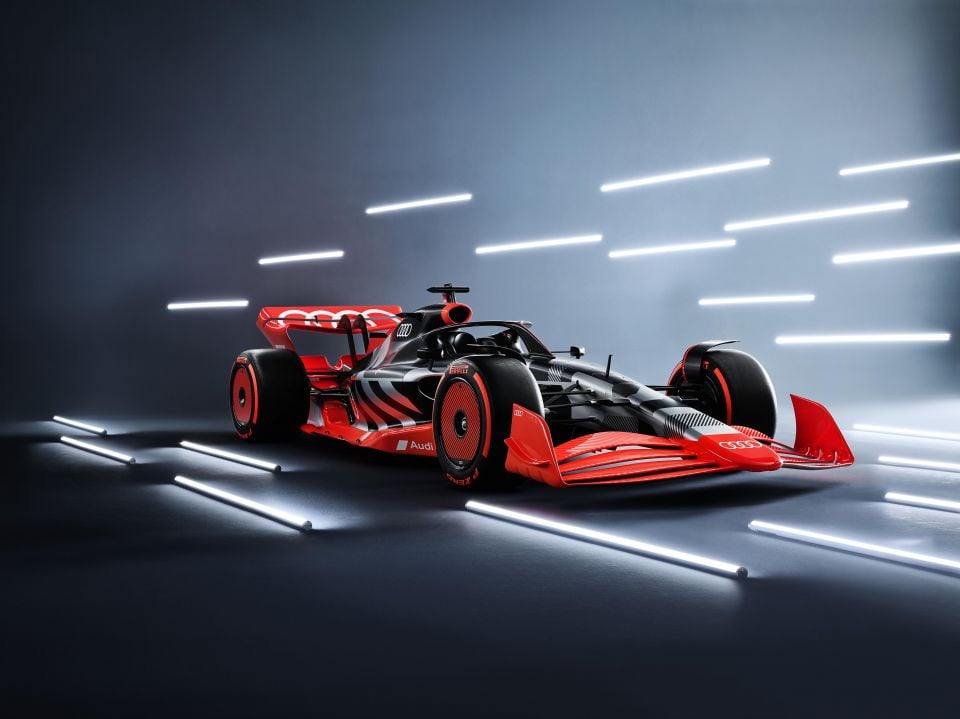
“With the new rules, now is the right time for us to get involved. After all, Formula 1 and Audi both pursue clear sustainability goals,” said Audi AG Chairman Markus Duesmann, calling the sport a “a highly challenging development laboratory”.
The post-2026 power units will comprise an electric motor, battery, control electronics, and a combustion engine, but will lean more heavily on the electric output.
The engines will run on an advanced sustainable fuel – billed as “a prerequisite” for Audi’s entry into the series.

F1’s Chief Technical Officer Pat Symonds recently discussed the sustainable fuels push, which began this year with the addition of 10 per cent green ethanol to the running mix.
“It’s been a fascinating challenge,” said Mr Symonds. “…We’ve worked closely with the FIA, who have got a couple of very good fuels specialists and we’ve had a lot of help from our partner Aramco”.
F1 Managing Director of Motorsports Ross Brawn added: “We’re working on an E fuel where the carbon circle is completely neutral so the carbon utilised to produce that fuel is the same quantity as the carbon emitted from the internal combustion engine.
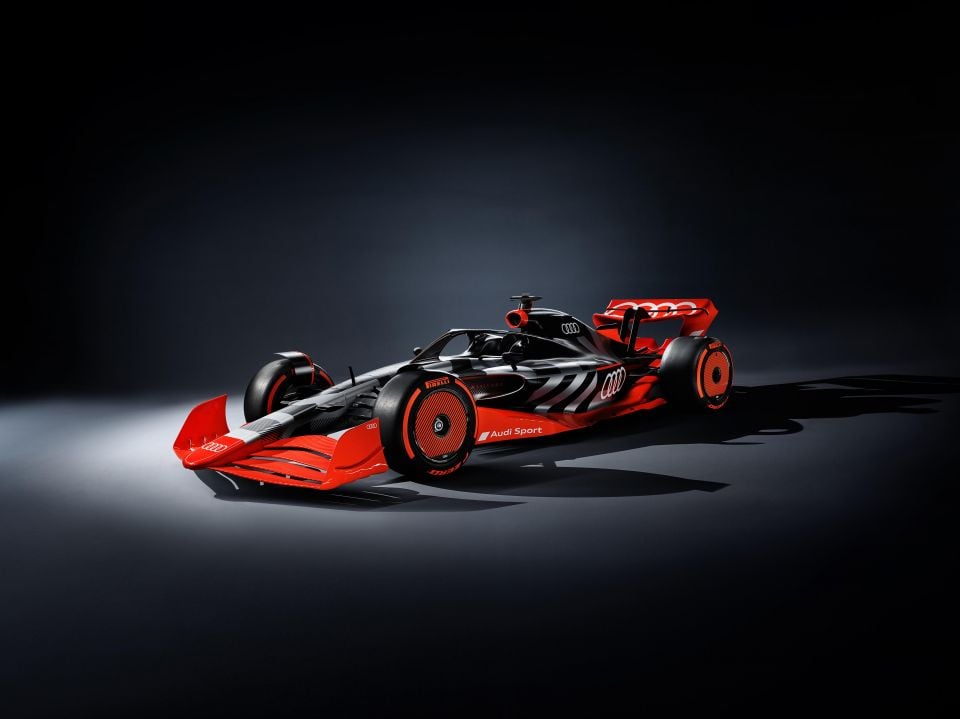
“It means that the engines do not add anything to the carbon dioxide in the atmosphere.”
Fellow Volkswagen Group member Porsche, soon to IPO, is heavily investing in eFuels, and plans to make some in Australia by 2026.
“Formula 1 is transforming, and Audi wants to actively support this journey. A close link between our Formula 1 project and Audi AG’s Technical Development department will enable synergies,” added Member of the Board for Technical Development Oliver Hoffmann.
MORE: Why is Porsche developing synthetic fuel? MORE: Audi, Porsche joining Formula 1 in 2026 MORE: Audi foreshadows factory-backed Formula 1 entry
Where expert car reviews meet expert car buying – CarExpert gives you trusted advice, personalised service and real savings on your next new car.


James Wong
1 Hour Ago


Damion Smy
10 Hours Ago
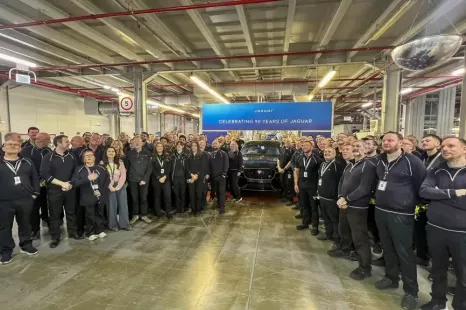

Damion Smy
13 Hours Ago
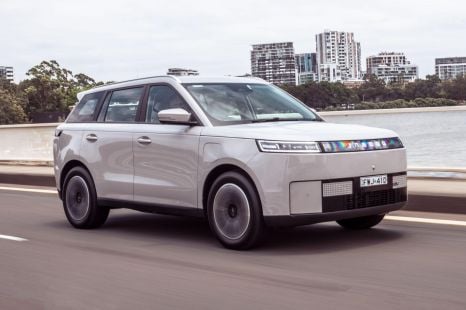

Josh Nevett
15 Hours Ago
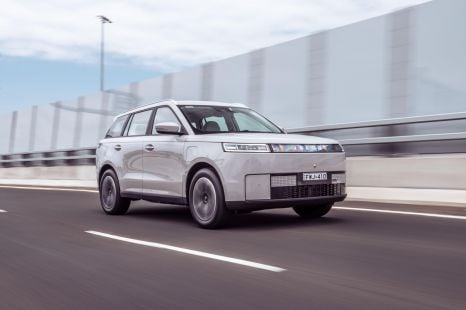

Josh Nevett
15 Hours Ago
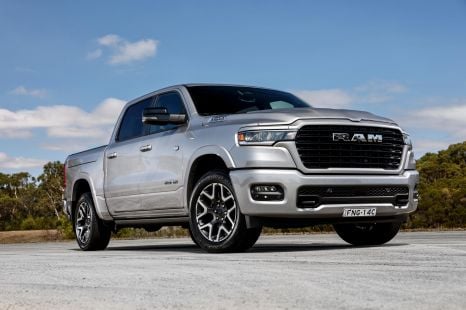

Damion Smy
16 Hours Ago